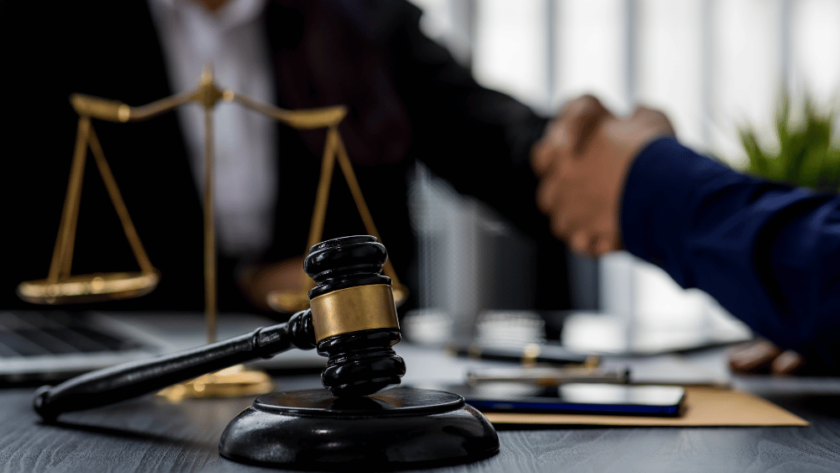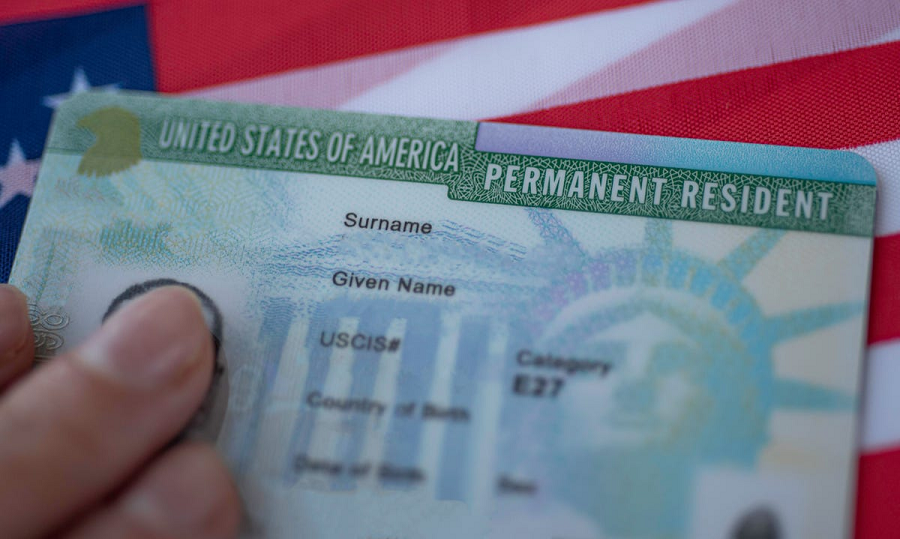Dealing with financial turmoil can be an overwhelming experience. When debts pile up and it seems there’s no way out, a bankruptcy lawyer can provide much-needed relief. Bankruptcy lawyers specialize in helping individuals and businesses navigate the complex legal landscape to achieve debt relief and a fresh start.
Our expertise as bankruptcy attorneys ensures that our clients receive personalized and effective legal representation. We understand the nuances of bankruptcy law and how to protect your assets while discharging or restructuring debts. A competent bankruptcy lawyer guides you through every step of the process, offering invaluable support and advocacy.
By consulting with us, you gain access to a team dedicated to easing your financial burden. From evaluating your financial situation to representing you in court, our commitment is to help you regain control and rebuild your financial future. Seeking the counsel of a knowledgeable bankruptcy lawyer can be a critical step towards financial recovery and peace of mind. learn more about bankruptcy lawyer
Understanding Bankruptcy
Bankruptcy serves as a legal process to provide debt relief to individuals and businesses facing financial difficulties. Our focus will be on various types and processes of bankruptcy, as well as the roles and responsibilities involved.
Types of Bankruptcy
Bankruptcy is primarily categorized under the United States Bankruptcy Code. Chapter 7, also known as liquidation bankruptcy, involves selling off assets to pay creditors. It’s often chosen by those with few assets and significant unsecured debts. Chapter 13, best for individuals with a steady income, allows us to create a repayment plan to pay off debts over three to five years.
Chapter 11 is primarily used by businesses needing to restructure their debts while continuing to operate. It provides the opportunity to propose a reorganization plan. This type is complex and often involves detailed negotiations with creditors. Each type serves its unique purpose based on the debtor’s circumstances and goals.
The Bankruptcy Process
Filing for bankruptcy involves several steps. First, we assess our financial situation and decide the appropriate chapter to file under. Next, legal paperwork is submitted to the bankruptcy court. Upon filing, the automatic stay goes into effect, halting all creditor collection actions, including foreclosure and wage garnishment.
A trustee is appointed to oversee the process. In Chapter 7, the trustee manages asset liquidation and distribution to creditors. In Chapter 13, the trustee reviews and administers the repayment plan. Bankruptcy attorneys play a crucial role throughout this process, providing guidance and representation in court.
Roles and Responsibilities
Multiple parties are involved in the bankruptcy process. Debtors must provide accurate financial information and comply with court requirements. They work with us to ensure they’ve met all legal obligations. Creditors have the right to file claims and may attend meetings to question debtors about their financial situation.
The trustee ensures fair administration of the bankruptcy estate. They have the authority to liquidate assets, examine claims, and distribute funds to creditors. Lastly, bankruptcy attorneys represent and advocate for our interests, offering crucial legal expertise. Their guidance can significantly impact the outcome and smooth progression of the entire bankruptcy process.
Selecting a Bankruptcy Lawyer
Choosing the right bankruptcy lawyer involves several key considerations. It is essential to assess their expertise, the initial consultation process, and recognition in the field. Factors like legal representation, client reviews, and ethical standards also play a critical role in making an informed choice.
Initial Consultation
The initial consultation is a crucial step in selecting a bankruptcy lawyer. During this meeting, we discuss our financial situation, including debts, assets, and any pending legal matters such as creditor representation or foreclosure defense.
We can ask questions about the lawyer’s experience in handling bankruptcy cases in both federal court and state court. This meeting provides a chance to gauge whether the lawyer can protect our property and handle related issues like collections, probate, or family law matters.
Finding the Right Fit
Finding the right fit means considering various factors like the lawyer’s expertise, communication style, and the comfort level we feel when discussing our case. Some lawyers specialize in bankruptcy litigation or foreclosure defense, while others may focus on broader areas, including estate planning, real estate, and tax issues.
It is beneficial to read client reviews and seek referrals from trusted sources. We should verify the lawyer’s ethical standards and whether they have any awards or recognition within the legal community, particularly in regions like Los Angeles County or the Central District of California, where laws can be particularly complex.
Expertise and Recognition
Expertise and recognition are vital in ensuring we receive experienced legal counsel. We need a lawyer well-versed in both California law and the specific regulations of our jurisdiction, such as the District of New Jersey or New York.
Look for lawyers associated with reputable law firms, whether large or boutique, that specialize in bankruptcy. Recognition in the field, including awards and peer endorsements, ensures that we are working with someone respected for their competence and ethical practices.
Experienced lawyers will also have a track record in bankruptcy litigation, arbitrations, and mediations, helping us navigate through proceedings efficiently. This experience is critical in achieving successful outcomes and protecting our interests throughout the bankruptcy process.






